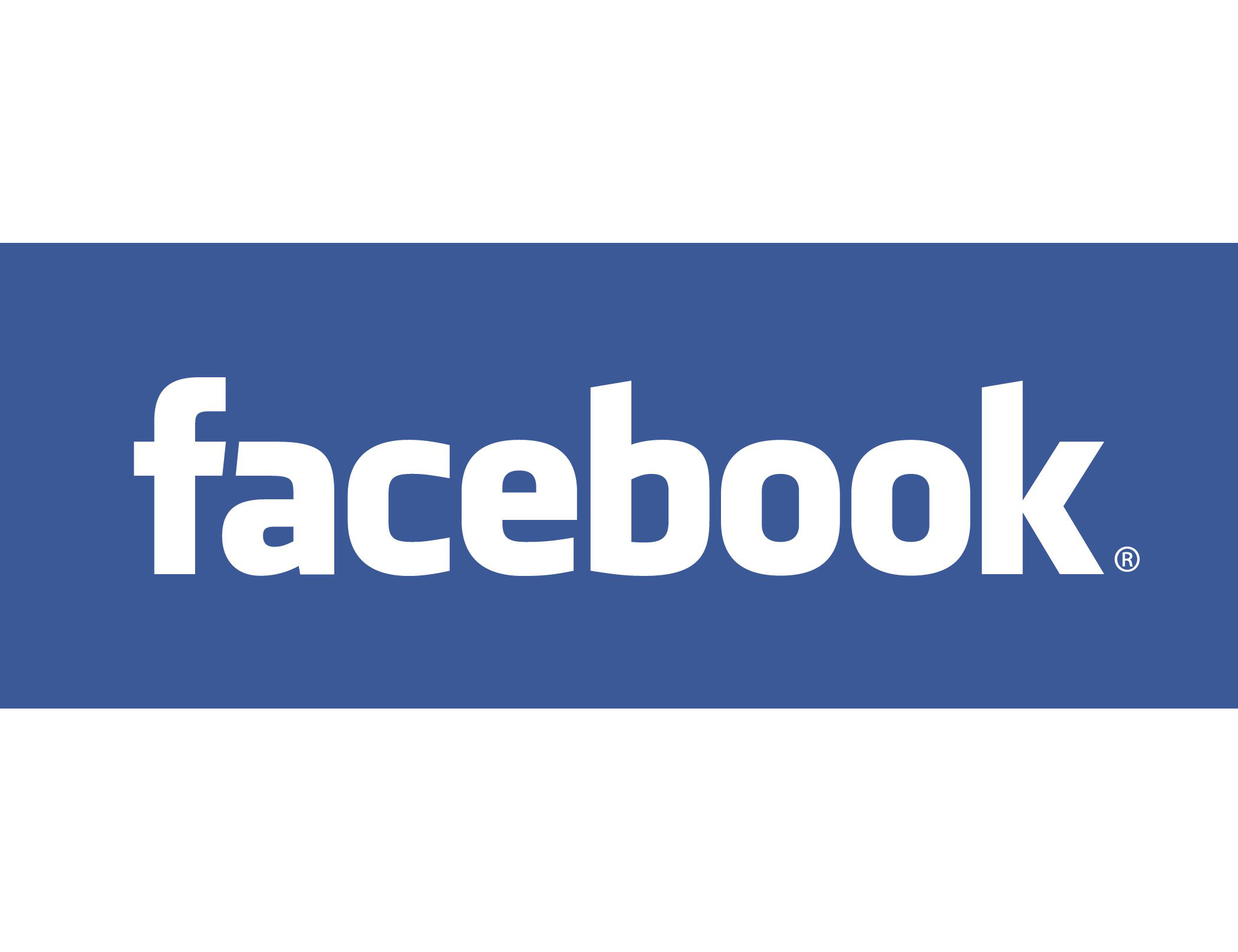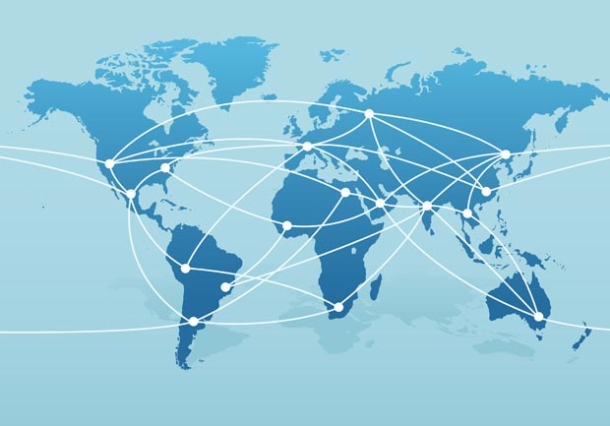One suggestion that I see people constantly make on the social media, particularly on Twitter, is that the government should do away with personal/individual income tax. They often say this with a lot of confidence, giving the impression that they have thought through the argument. Over the last one week, since the presentation of the annual budget of the union government, such suggestions seem to have made a comeback.
But the confidence of the people making these suggestions largely comes comes from two things. One is that they haven’t had a look at the government data on taxes, which leads them to believe that barely anyone pays income tax and hence, it should be scrapped. Two, they have no idea as to how most governments operate.
Let’s take a look at a few charts to understand why this logic is all wrong. The following chart plots the individual income tax collected by the government as a proportion of the Indian gross domestic product (GDP), a measure of the size of the economy.
 Source: Centre for Monitoring Indian Economy.
Source: Centre for Monitoring Indian Economy.
Revised estimate for 2020-21.
Budget estimate for 2021-22.
As can be seen from the above chart, income tax as a proportion of GDP has only gone up over the years. In 2019-20, it peaked at 2.68% of the GDP. In 2020-21, thanks to the economic contraction due to the spread of the covid pandemic and falling incomes, the income tax to GDP ratio is expected to be at 2.36% of the GDP. It is expected to rise again to 2.52% of the GDP in 2021-22.
The typical argument suggesting that the government should do away with income tax, goes somewhat like this. Oh, but very few people pay income tax. Now that is true, but that hardly means that the government will stop collecting income tax.
A slightly more sophisticated argument (at least the person making it, feels it is a sophisticated argument) goes somewhat like this. Oh, but income tax collected forms just a couple of percentage points of the GDP. That’s nothing.
Honestly, I find both these arguments hilarious. Guys making these arguments have no idea about how the data looks and as I said, which is where their confidence comes from.
Let’s look at the following chart, which basically plots corporation tax (income tax paid by corporates on their profits) and personal income tax as a proportion of gross tax revenue, over the years. Gross tax revenue is basically the sum of different taxes (corporation tax, income tax, union excise duty, customs duty, central goods and services tax etc.), earned by the union government.

Source: Centre for Monitoring Indian Economy.
What does the above chart tell us?
1) The corporation tax collected as a proportion of the total taxes collected by the government, has been falling over the years. In 2009-10, corporate taxes formed around two-fifth of the total taxes collected by the government. In 2021-22, the tax is expected to be at around one-fourth of total taxes. There are multiple reasons for this. Corporate revenue growth has slowed down over the years. Along with that corporate tax rates have also come down.
2) The importance of income tax in the overall taxes earned by the government has gone up in the last decade. In 2009-10, they formed around one fifth of total taxes and in 2021-22, they are expected to form around one fourth of the gross tax revenue earned by the union government. In 2019-20, income tax formed around 23.9% of overall taxes.
Hence, all taxes may appear small as a proportion of the GDP, but that does not mean that they are not important for the government. The government isn’t the entire economy as represented by the GDP but only a part of it and the taxes earned are a part of that part.
Now tell me which government in its right mind is going to drop a tax which is likely to bring in one-fourth of the total taxes earned by it. This especially in an environment where corporation tax collections as a proportion of the GDP have been falling over the years.
Another argument that is made is that income taxes should be eliminated and indirect taxes should be raised. So, with no income tax, people will earn more and hence, spend more, and the government will end up collecting more indirect taxes, and these taxes will more than make up for a loss of income tax.
While this sounds good in theory, the trouble is that unlike the physical sciences, in economics you cannot carry out real life experiments. So, no government is going to risk one-fourth of its revenue just because in theory they could do something else. Nah, not going to happen. The whole argument rests on the idea that if income tax is done away with people are likely to spend more. What if they don’t and decide to save more? There is no way of knowing in advance about how people are going to behave.
Actually, a more refined argument can be made here. People who pay a bulk of India’s income taxes already have most things that they need in life. Hence, their marginal propensity to consume will be low. This means that the extra money they earn thanks to lower taxes, they are more likely to save/invest it than spend it.
Hence, the argument that people are likely to spend more because they will earn more thanks to no income tax, doesn’t really hold. One thing that can be said for sure here is that if income tax is done away with, the stock market will go through the roof (not that it isn’t already).
A better way to increase consumption and hence, indirect tax collections is to reduce goods and services tax on mass produced goods. The impact is going to be much greater in this case.
There are other reasons here as well. There is a huge income tax bureaucracy in place. What happens to those people with no income tax? Income tax is also used by politicians in power to harass those in opposition or other people opposing them. Why let go of such an option?
All in all, income taxes are not going anywhere, even though when the BJP was in the opposition, it was pretty vocal on the issue of doing away with them.
But now they need to run the country and the gross tax revenue collected by the government, has come down over the years. The gross tax revenue as a proportion of the GDP peaked at 12.11% in 2007-08. In 2019-20, it was at 10.61%. It is expected to fall to 9.75% of the GDP this year and rise to 9.95% of the GDP next year, still significantly lower than the all-time peak level.
So, next time you want to go shouting on Twitter asking the government to do away with personal income tax, please do remember these points.




